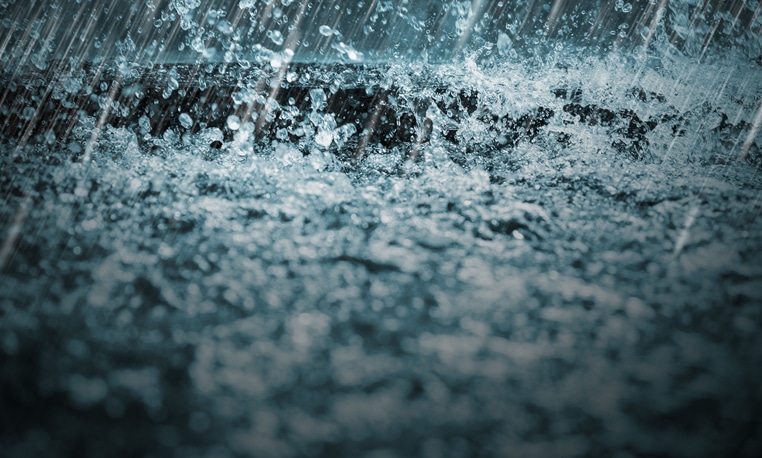Rain is a vital resource, nourishing our gardens and replenishing water supplies, but it can also significantly affect your home’s well water. Understanding these impacts is crucial for maintaining safe and clean water for your household.
Our Easterday-Wilson team is here to explore four key ways rain can affect your well water and offer practical advice on protecting it.
1. Contamination Risks
Heavy rainfall can lead to surface runoff, which may carry contaminants such as pesticides, fertilizers, and bacteria into your well. During storms, surface water can seep into the ground and find its way into your well, especially if it’s poorly protected or located near potential sources of contamination.
Protection Tips:
- Ensure your wellhead is properly sealed and in good condition to prevent surface water entry.
- Keep potential contaminants, like chemical storage, far from your well.
- Regularly test your well water for contaminants, especially after heavy rain.
2. Changes in Water Levels
Rainfall can significantly alter the water levels in your well. Excessive rain can lead to higher water tables, which might affect the pressure and flow of your water supply. Conversely, periods of little rain can lower the water table, potentially leading to water shortages.
Protection Tips:
- Monitor your well’s water levels regularly to detect any unusual changes.
- Consider installing a well water level monitoring system for real-time data.
- Maintain a backup water supply plan in case of low water levels.
3. Effects on Water Quality
Sudden changes in water levels and increased sediment runoff during storms can impact the quality of your well water. This might result in cloudy water or a change in taste and odor, indicating the presence of unwanted materials.
Protection Tips:
- Install a water filtration system to address potential water quality issues.
- Conduct routine water quality tests to ensure your water remains safe to drink.
- Address any water taste or appearance changes promptly by consulting a water quality expert.
4. Infrastructure Damage
Severe weather and heavy rain can physically damage your well infrastructure, including the casing, cap, and pump. This damage can compromise the safety and functionality of your well, leading to costly repairs and water quality issues.
Protection Tips:
- Inspect your well for any signs of damage after significant weather events.
- Conduct regular maintenance and repairs to keep your well system in optimal condition.
- Ensure that your well cap is secure and above ground level to prevent water ingress.
Practical Maintenance Tips
- Regular Testing: To ensure water safety, conduct well water testing at least annually or after any significant weather event.
- Routine Inspection: Inspect your well system periodically for any signs of wear or damage.
- Professional Assistance: Engage with a certified well professional for repairs, upgrades, and complex issues.
Contact us For All Your Water Treatment and Filtration Needs
If you notice a strange smell in your water or contaminants, Easterday-Wilson Water Services can help. We treat countless water quality problems and eliminate common water contaminants on a daily basis.
Contact us for additional information and schedule your free water evaluation today.


